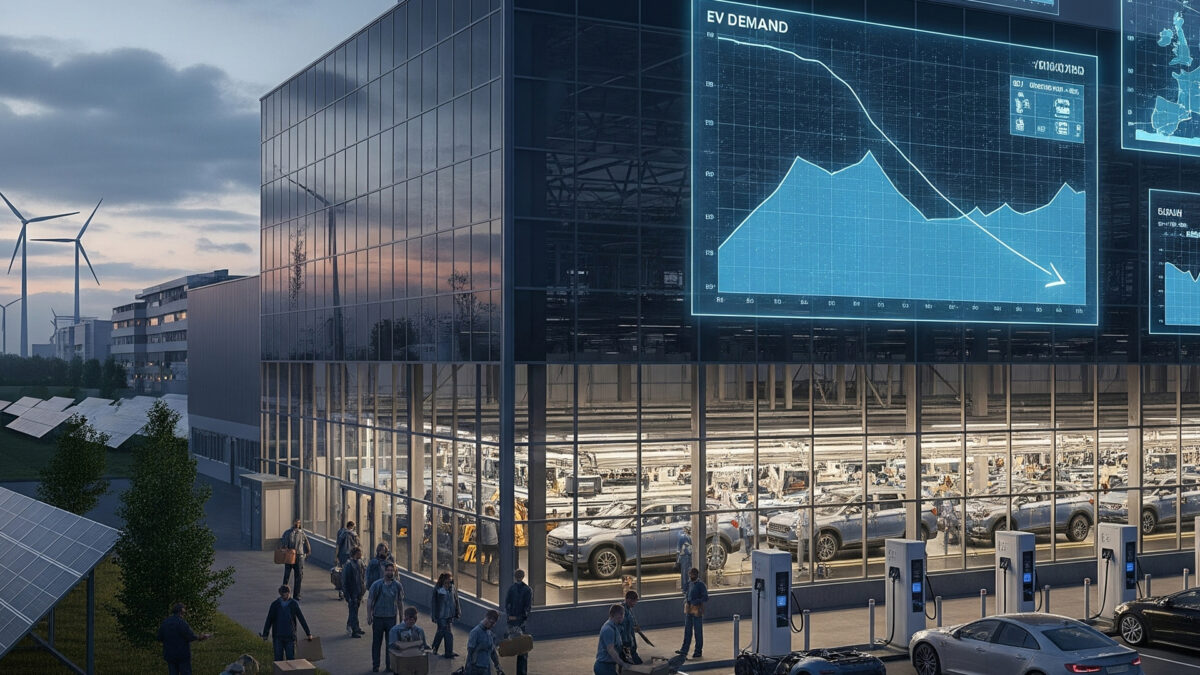Ford Motor Co. has announced plans to cut up to 1,000 jobs at its electric vehicle (EV) plant in Cologne, Germany, citing weaker-than-expected demand for EVs in Europe. The job reductions are part of a broader restructuring effort aimed at aligning production capacity with current market realities.
The Cologne facility, which manufactures the all-electric Ford Explorer and Capri models, will reduce its operations from a two-shift schedule to a single-shift beginning in January 2026. The decision comes amid a significant slowdown in EV adoption across Europe. Although EV registrations have increased compared to the previous year, the growth has not matched industry forecasts, resulting in excess production capacity. Ford’s market share in Europe has remained largely unchanged, with only modest sales gains, reaching 3.3% as of July 2025.
To soften the impact on affected employees, Ford plans to offer voluntary redundancy packages at the Cologne plant. This approach is consistent with its earlier restructuring efforts, including the announcement in November 2024 of 2,900 job cuts, which were also addressed through voluntary exits and buyouts. Ford has emphasized that these steps are part of a long-term strategic realignment aimed at ensuring sustainability amid changing market conditions.
The Cologne job cuts are part of a wider pattern of workforce reductions across Europe. Ford has also announced plans to scale back operations at its Saarlouis plant, which is slated for closure as part of the company’s restructuring strategy. These actions reflect the broader challenges facing the European automotive sector as it navigates the shift toward electrification while managing cost pressures and market uncertainties.
Despite the cuts, Ford remains committed to the European EV market and continues to invest heavily in electrification. The company has earmarked $2 billion to transform the Cologne plant into a carbon-neutral EV production hub. At the same time, it has urged governments to step up support by enhancing incentives and expanding EV charging infrastructure. Ford has warned that without such backing, the transition to electric vehicles could face serious hurdles.
The decision to reduce operations underscores the challenges that automakers face in balancing supply with demand during a period of rapid technological transformation. Ford’s approach reflects an attempt to align its workforce and production capacity with market conditions, while continuing to invest in a more sustainable future.
As the EV market evolves, Ford’s restructuring efforts and strategic investments will play a critical role in determining its competitiveness in Europe. The outcome of these measures will likely influence the company’s market share and operational efficiency in the years to come, as well as shape broader trends in the automotive industry’s shift toward electrification.
Also Read: Ola, Uber, and Rapido Receive Provisional Licences for Bike Taxi Services in Mumbai
